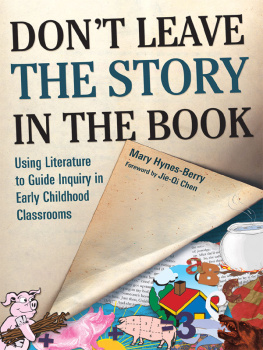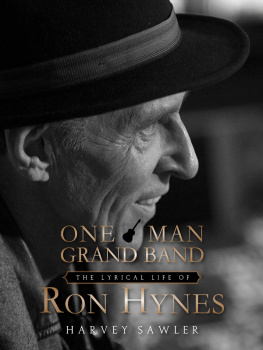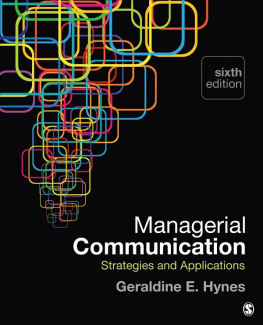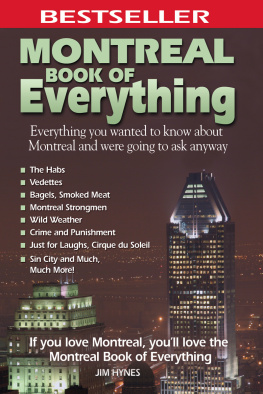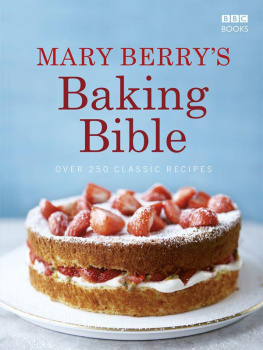Mary Hynes-Berry - Dont Leave the Story in the Book: Using Literature to Guide Inquiry in Early Childhood Classrooms
Here you can read online Mary Hynes-Berry - Dont Leave the Story in the Book: Using Literature to Guide Inquiry in Early Childhood Classrooms full text of the book (entire story) in english for free. Download pdf and epub, get meaning, cover and reviews about this ebook. year: 2011, publisher: Teachers College Press, genre: Children. Description of the work, (preface) as well as reviews are available. Best literature library LitArk.com created for fans of good reading and offers a wide selection of genres:
Romance novel
Science fiction
Adventure
Detective
Science
History
Home and family
Prose
Art
Politics
Computer
Non-fiction
Religion
Business
Children
Humor
Choose a favorite category and find really read worthwhile books. Enjoy immersion in the world of imagination, feel the emotions of the characters or learn something new for yourself, make an fascinating discovery.
- Book:Dont Leave the Story in the Book: Using Literature to Guide Inquiry in Early Childhood Classrooms
- Author:
- Publisher:Teachers College Press
- Genre:
- Year:2011
- Rating:3 / 5
- Favourites:Add to favourites
- Your mark:
Dont Leave the Story in the Book: Using Literature to Guide Inquiry in Early Childhood Classrooms: summary, description and annotation
We offer to read an annotation, description, summary or preface (depends on what the author of the book "Dont Leave the Story in the Book: Using Literature to Guide Inquiry in Early Childhood Classrooms" wrote himself). If you haven't found the necessary information about the book — write in the comments, we will try to find it.
Passion and wonder are in short supply in schools these days. If you want to bring powerful stories into your classroom that inspire curiosity and questions, spark deep thinking and cultivate thoughtful conversations, embrace this book!
Anne Goudvis, consultant and author
Dont Leave the Story in the Bookis a boon to every classroom teacher, for it brings such a wonder of spontaneity and humor into ones own thoughts about books. Not only does Mary Hynes-Berry legitimize the childrens sometimes off track questions, but she gives teachers permission to indulge their own curiosity and fanciful meanderings, just see where they go.
Vivian Gussin Paley
When children are given ample opportunity to use language, they have a greater potential to increase vocabulary and syntactic skills. Hynes-Berrys book offers numerous suggestions on how to give students such opportunity. Her approach is practical, simple, and is based on solid theoretical research on how young students learn.
TC Record
One of the books strengths is the authors masterful description of core beliefs about teaching and learningbeliefs that drive good practice in early childhood classrooms.... Hynes-Berry offers practical ideas for working with teachers and students in professional learning communities in preservice and in-service education and with families, children and teachers in innovative community literacy projects.
Young Children
Books and stories do not automatically produce quality intellectual work in the classroom. Intellectual quality depends also on adultscommitted and intentional teachers and parents who activate the potential of stories.To help teachers build on what they know about stories, Mary describes praxes for using books that are grounded in well-defined principles of teaching and learning.
From the Foreword byJie-Qi Chen, Erikson Institute
Dont Leave the Story in the Bookis beautifully written. The ideas are inspiring and brilliant. It is very relevant to the current discussion about the Common Cores outrageous virtually exclusive focus on information text.
Yong Zhao, College of Education,University of Oregon, author ofCatching Up or Leading the Way: American Education in the Age of Globalization
Drawing from 30 years of teaching and professional development experience, this book offers a roadmap for using childrens literature to provide authentic learning. Featuring a storytellers voice, each chapter includes a case study about how a particular fiction or nonfiction work can be used in an early childhood classroom; a series of open-ended questions to help readers construct their own inquiry units; and a bibliography of childrens literature. This book provides a unique synthesis of ideas based on constructivist approaches to learning, including the importance of positive dispositions and learning communities, the nature of higher-order thinking, and the relationship between methods such as guided inquiry in the sciences and balanced literacy.
Mary Hynes-Berrybrings a lifetime of using oral storytelling to promote learning in her work with preservice and in-service teachers at Erikson Institute, Chicago, Illinois.
Mary Hynes-Berry: author's other books
Who wrote Dont Leave the Story in the Book: Using Literature to Guide Inquiry in Early Childhood Classrooms? Find out the surname, the name of the author of the book and a list of all author's works by series.

